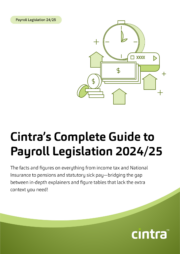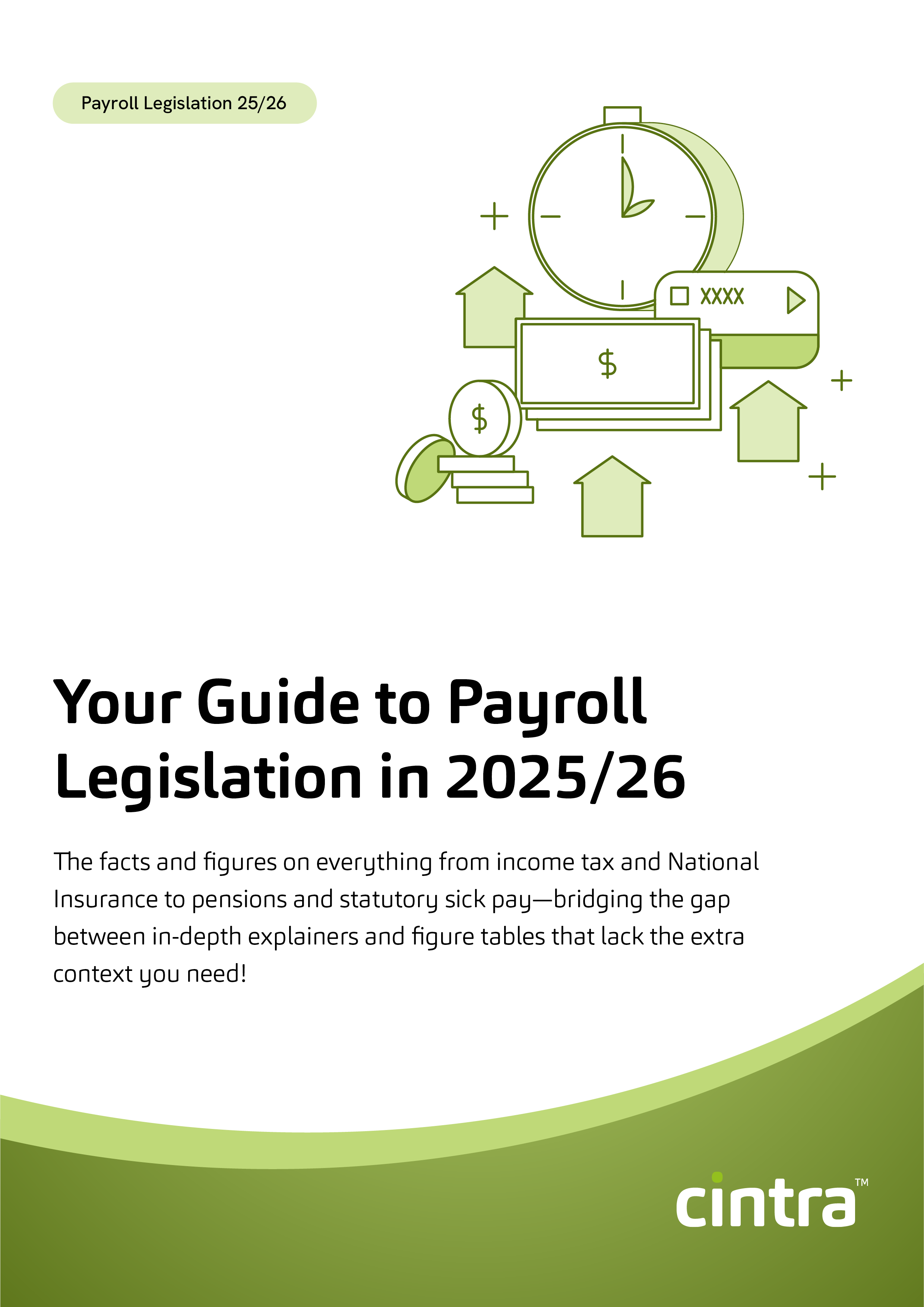Does your organisation use vehicles business purposes? If so, then you’ll probably want to keep up to date with the UK fuel rates for the new tax year (2023-2024). Here’s what you need to know:
Firstly, it’s important to understand what the UK fuel rates are. They’re used to calculate the amount of fuel that can be reimbursed tax-free when employees use their own vehicles for business purposes. These rates are reviewed every three months and are based on the average fuel prices during the preceding quarter.
So, what are the UK fuel rates for the new tax year? From April 2023, the rates for petrol and diesel cars with engine sizes up to 1,400cc will be 13p per mile. For petrol and diesel cars with engine sizes over 1,400cc, the rates will be 15p per mile. The rate for electric cars will remain at 9p per mile.
Here’s the full, easy-to-digest overview:
Company cars and vans
| Charge | Rate |
|---|---|
| Van benefit charge | £3,960 |
| Car fuel benefit charge | The car fuel benefit charge is calculated by multiplying the fuel benefit charge multiplier by the car’s appropriate percentage; that is the CO₂ emissions derived percentage used to calculate the car benefit charge, including any diesel supplement. |
| Van fuel benefit charge | £757 |
| Car fuel multiplier | £27,800 |
Private vehicle approved mileage allowance
| Allowance | Rate |
|---|---|
| First 10,000 business miles | 45p per mile |
| Over 10,000 business miles | 25p per mile |
| Motorcycles | 24p per mile |
| Cycles | 20p per mile |
| Passenger rate | 5p per mile |
It’s important to note that these rates are advisory, so you don’t have to use them if you don’t want to. If you choose to use a higher rate, you’ll need to keep records to support this!
It’s also worth remembering that these rates only apply to business journeys, not personal ones. If an employee uses their own vehicle for personal use, they can’t claim back the cost of fuel for this.
Keeping accurate records of your employee’s business mileage and reimbursing them the correct amount for fuel is really important. This not only helps makes sure you’re complying with tax regulations, but also helps to ensure your employees are being fairly compensated for their expenses. An expense management platform (such as Capture Expense) can make this super easy!
Overall, the UK fuel rates for the new tax year are relatively similar to previous years, with only slight increases in some categories. As always, it’s important to keep up to date with any changes in regulations or rates and ensure you’re complying with these in your business practices.

Payroll Legislation Guide
The facts, figures, thresholds and allowances for 2024/25 spanning tax, National Insurance, pensions, statutory payments and more.
Download now


